A Warning from the FBI and CISA
In a recent warning, the Federal Bureau of Investigation (FBI) and the Cybersecurity and Infrastructure Security Agency (CISA) have raised alarms over the national security threats posed by Chinese-made drones.
The Unseen Drone Danger Above
The public guidance issued by the FBI and CISA warns of the “significant risk” posed by Chinese drones to U.S. critical infrastructure.
This Data Security concern stems from the Legal authority granted to the Chinese government, which allows them to access data held by Chinese companies.
Consequently, drones become potential conduits for sensitive information to reach Beijing, revealing vulnerabilities in U.S. infrastructure.
The 2019 Industry Alert and Recent Developments
This warning isn’t the first of its kind. Back in 2019, a CISA alert, initially for official use only, signaled similar concerns.
The latest announcement follows a bipartisan appeal led by Senate Intelligence Committee Chairman Mark Warner to CISA, urging a reevaluation of the risks associated with Chinese-manufactured drones.
Market Dominance and Data Security Risks of DJI Drones
The dominance of Chinese company Shenzhen DJI Innovation Technology in the U.S. drone market is reportedly particularly alarming.
With almost 90% of the consumer market and over 70% of the industrial market in North America, the potential for data leakage is supposedly enormous.
A 2017 Department of Homeland Security assessment revealed how data from a DJI drone used by a California vineyard owner could assist Chinese companies in strategic land purchases.
It makes you wonder if Google Maps or Apple Maps couldn’t have done the same…

The View from Experts
Brian Harrell, a former CISA official, underscores the importance of the new guidance.
According to him, the widespread use of Chinese drones by law enforcement and critical infrastructure operators is a clear and present danger.
He emphasizes that this isn’t an exaggerated threat; data leaks to overseas entities are real, even though we have yet to see any evidence of such claims.
“This is not the boogeyman, as we’ve seen these drones leak data overseas, and it’s good to see government agencies call out the threat,” said Harrell, a former assistant secretary at the Department of Homeland Security who authored the 2019 alert, according to The Record. “It’s clear that the United States government has deemed Chinese-made drones a threat to national security.”
Drone Miniaturization and Its Implications
Harrell points out the trend of miniaturization in drone technology, which China has capitalized on.
Smaller, cheaper, yet high-performance drones have become increasingly popular in various sectors, including infrastructure and public safety.
However, the convenience and efficiency they bring also open doors for espionage and data exfiltration, he argues.
It is important, to point out here that the miniaturization trend originates from the 250-gram weight limit adopted and set by the Federal Aviation Administration (FAA) for the registration of drones.
Drones, such as the DJI Mini 4 Pro, that weigh less than 250-grams do not need to be registered with the FAA when flown recreationally.
This FAA registration exception created a market for lightweight drones, which indeed is an opportunity that DJI capitalized on at a scale unmatched yet any other drone maker.

The Risks Laid Bare
The FBI and CISA’s new public guidance doesn’t mince words about the risks posed by these unmanned aircraft systems (UAS).
Bryan Vorndran, assistant director of the FBI’s Cyber Division, states that without proper safeguards, the widespread deployment of these drones is a national security concern, with risks of unauthorized access to systems and data.
Beyond Chinese-Made Drones
The guidance extends its caution to all drones, urging companies to adhere to “secure-by design principles” even for domestically manufactured drones.
Organizations are advised to stay vigilant with up-to-date patches, firmware, and a comprehensive cybersecurity strategy for all Internet of Things (IoT) devices.
Mitigating the Threat
The guidance provides detailed instructions for mitigating these risks. Key recommendations include:
- Integrating drones into the organization’s cybersecurity structure.
- Creating separate networks for drones to isolate potential threats.
- Employing a zero-trust framework.
- Establishing robust vulnerability management programs.
- Regularly analyzing logs for anomalies.
- Ensuring strong encryption for data-at-rest and data-in-transit.
- Periodically erasing collected data after transfer.
- Using VPNs for secure drone operations.
A Call for Vigilance
The claimed threat posed by Chinese-made drones underscores the need for continuous vigilance and proactive measures in cybersecurity, warn the FBI and CISA. As technology evolves, so do the methods of exploitation and espionage.
The FBI and CISA’s guidance is meant to remind us of the importance of securing not just our networks, but also the skies above us.

DroneXL’s Take
Rethinking the Data Security Concerns Around DJI Drones: A Critical Analysis
In the realm of modern technology, the security of data transmitted and stored by devices is paramount.
Among these, Chinese-made DJI drones have been a subject of intense debate, primarily centered around the allegations of data leaks to the Chinese government.
However, a closer examination of these claims, the steps taken by DJI, and the broader technological landscape suggests that these fears might be more speculative than substantiated.
Scrutinizing the Allegations
For years, allegations have swirled around DJI drones, claiming that they serve as conduits for sending sensitive data to China.
Prominent voices in this debate have included U.S. politicians and competitors like Skydio, who have a vested interest in amplifying these concerns.
READ: BLUE SUAS PROBLEMS AND FLORIDA DMS SECRETARY ACCUSED OF PIMPING FOR SKYDIO
This fear mongering narrative, though persistent, lacks a foundational element: credible evidence.
The U.S. media and public have yet to encounter any concrete proof of these alleged data leaks.

DJI’s Proactive Measures
In response to these concerns, DJI has taken proactive steps to allay fears and enhance the security of its drones.
A significant development was DJI’s collaboration with the Department of the Interior, resulting in the creation of a ‘Government Edition’ of two of their drones.
The DJI Government Edition drones were designed to be 100% safe and secure, addressing specific security requirements of the U.S. Government.
Furthermore, DJI separately introduced ‘local data mode’ in its latest drone models, ensuring that data does not go online and thus cannot be transmitted externally.
The scrutiny of DJI drones has not been limited to hearsay. Numerous independent researchers and security consultants have investigated these Chinese-made drones, and their findings have been consistent: no data leaks have been detected.
This raises an important question: if data security is a legitimate and urgent concern, why has there been no tangible evidence of data transmission to the Chinese government?
The Broader Technological Context
The focus on DJI drones also seems disproportionate when viewed within the larger technological ecosystem.
Products like Chinese made cars, smartphones, tablets, computers, scanners, smart-speakers, security cameras, and various software and apps, many of which are also produced in China, do not attract the same level of scrutiny.
This discrepancy raises questions about the consistency of security concerns across different types of technology.
A Call for Evidence-Based Discourse
The narrative surrounding the data security of DJI drones has been dominated more by speculation than by evidence.
While the potential for data leaks in any technology should not be dismissed lightly, a balanced approach requires credible evidence to support such claims.
In the absence of such proof, it becomes imperative to revisit and reassess these concerns, ensuring that discourse in the realm of technology and national security is grounded in reality, not in conjecture.
Furthermore, no other drone company has had such an impact on saving American lives, and keeping American first responders , firemen and policemen safe as the capable, available, durable, safe, affordable, easy-to-fly DJI drones.
Banning or restricting these Chinese-made DJI drones based on unsubstantiated data security fears and concerns will cost American lives and will put our first responders’ lives at risk.

Let us know your thoughts
We are curious to hear your thoughts on DJI drones, data leaks, and national security. Do you think that these fears are overblown? Do you think that Chinese-made drones are indeed spying on us?
Let us know what you think in the comments below.
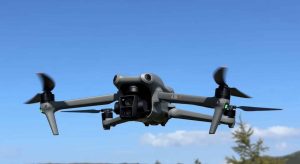
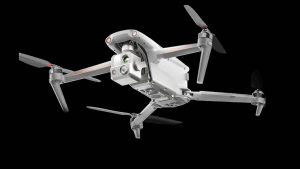
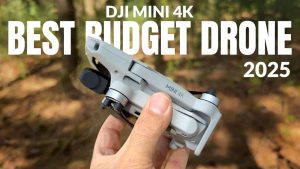
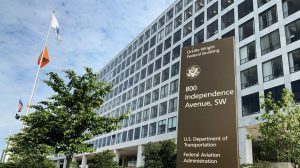
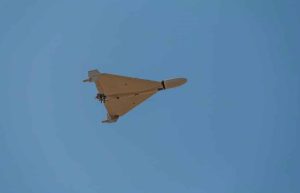
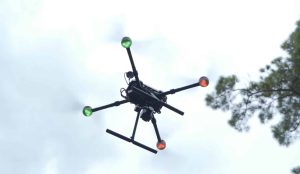
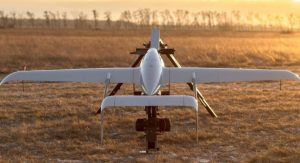
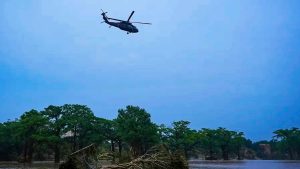
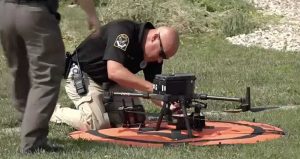
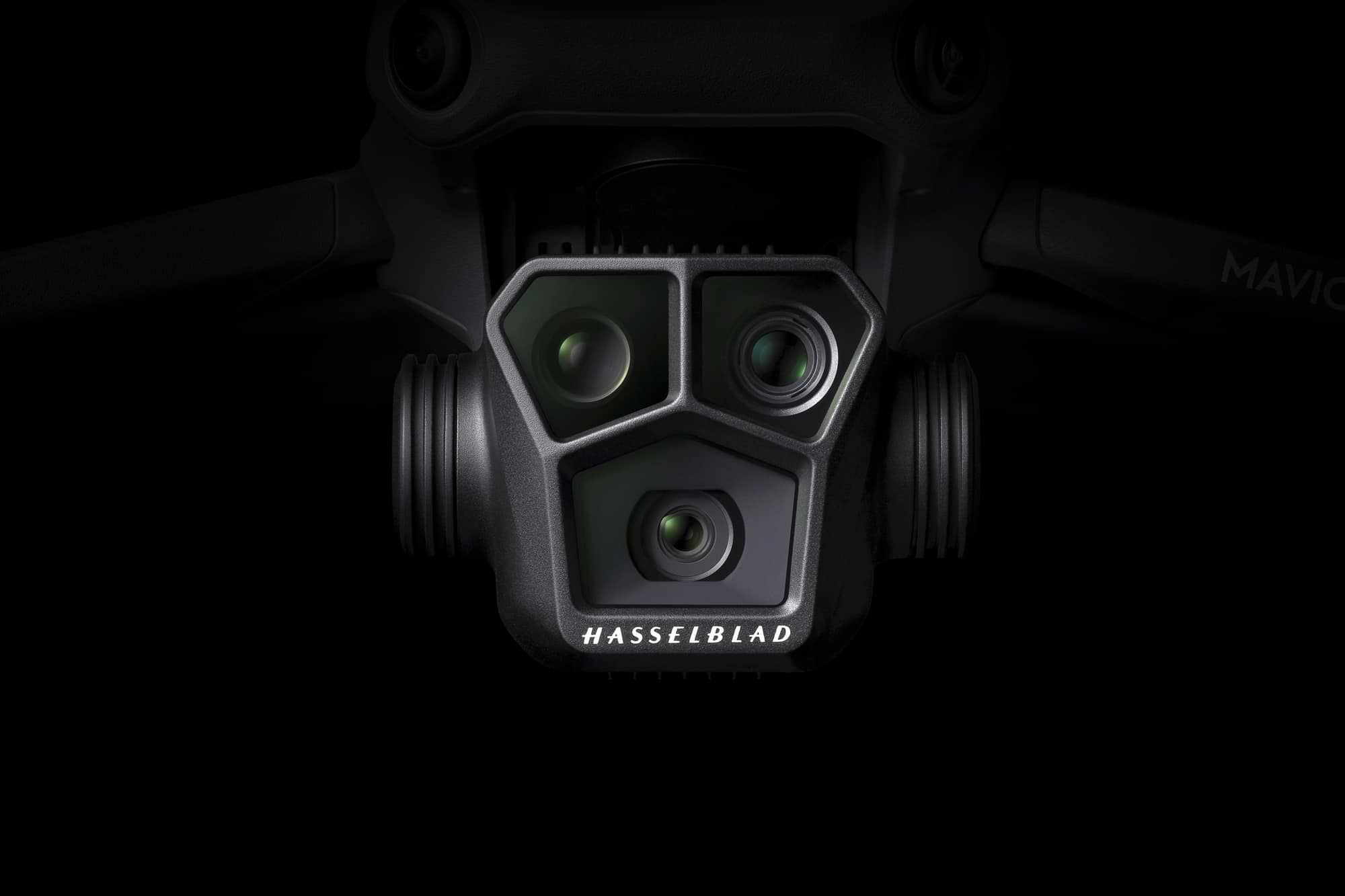

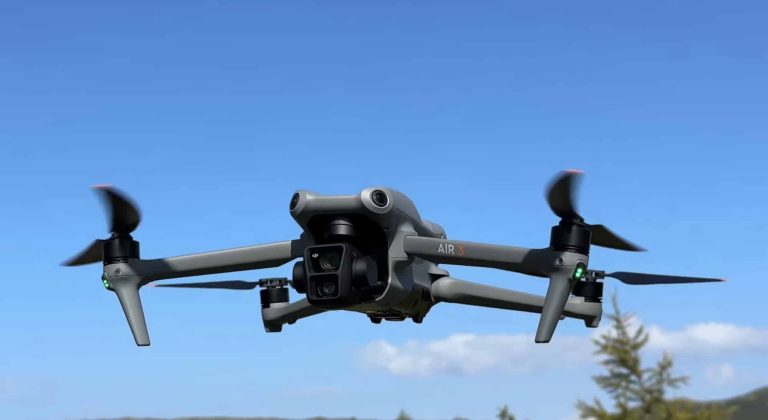
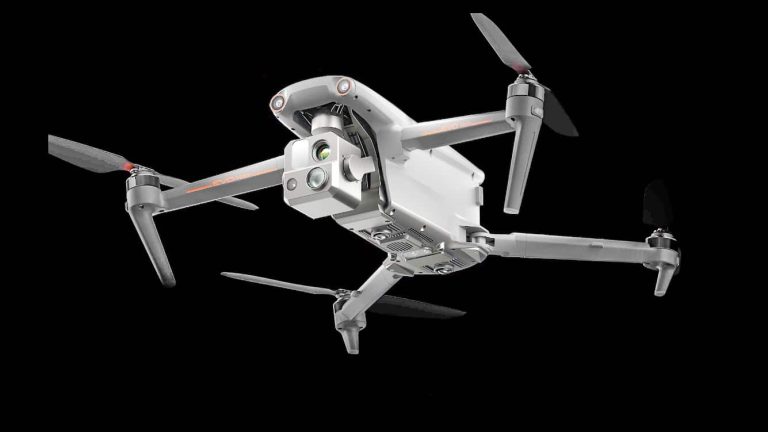
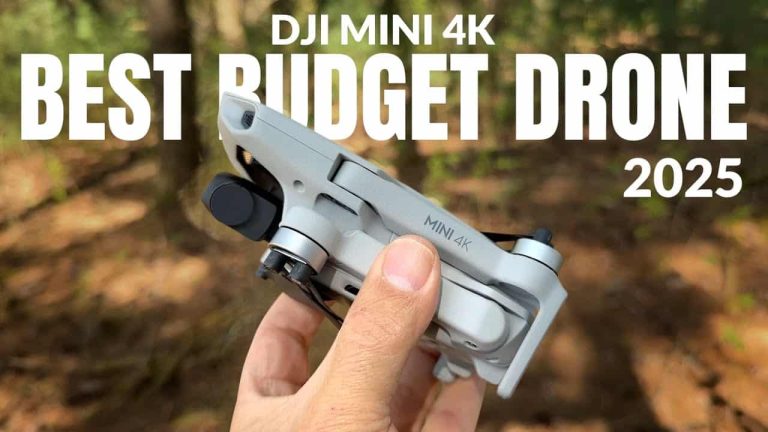


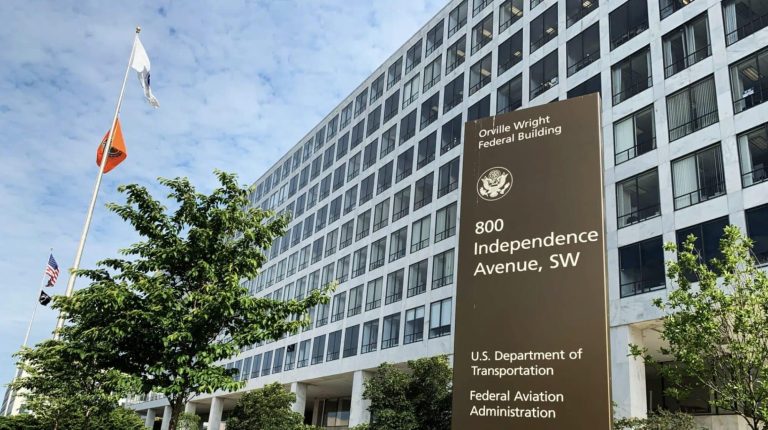
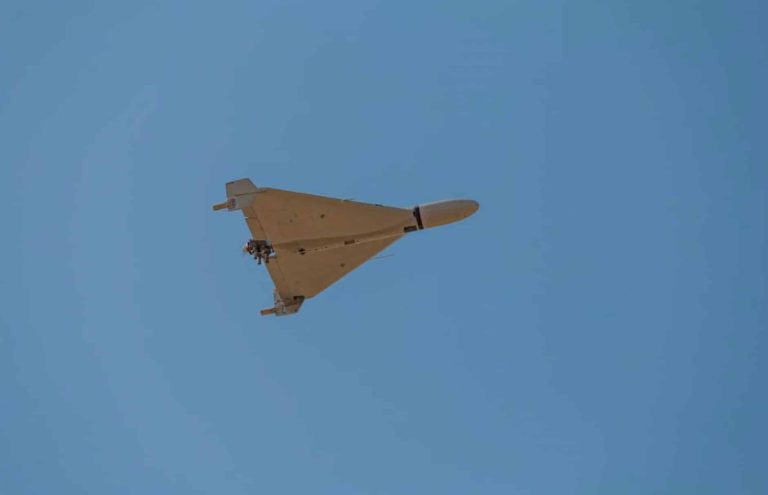
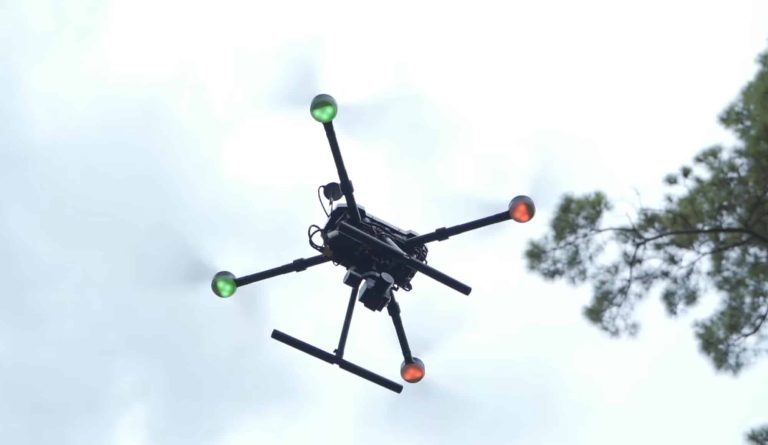
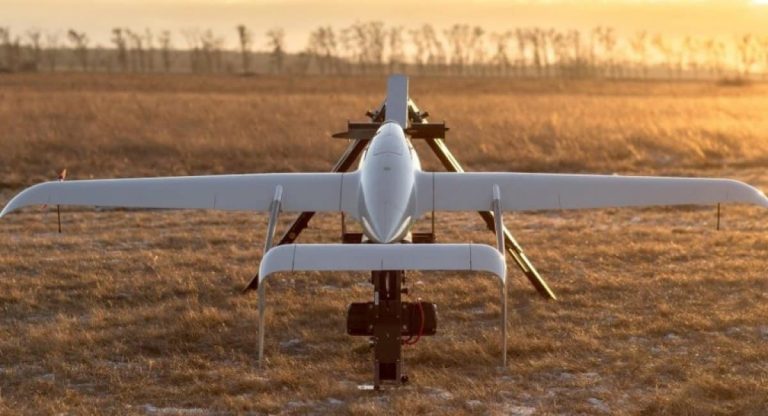
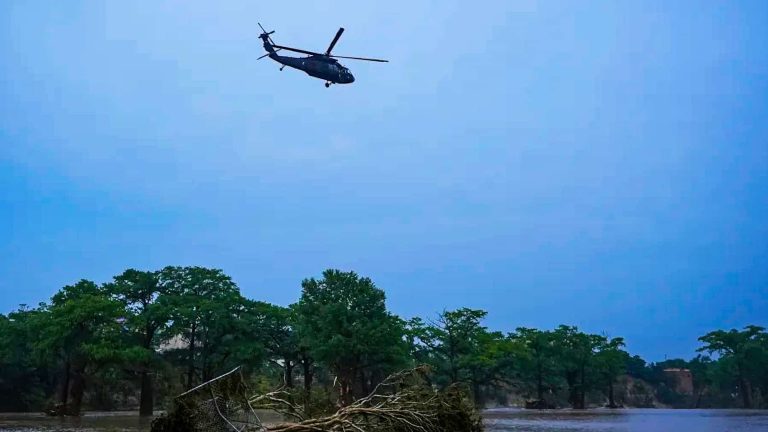
+ There are no comments
Add yours